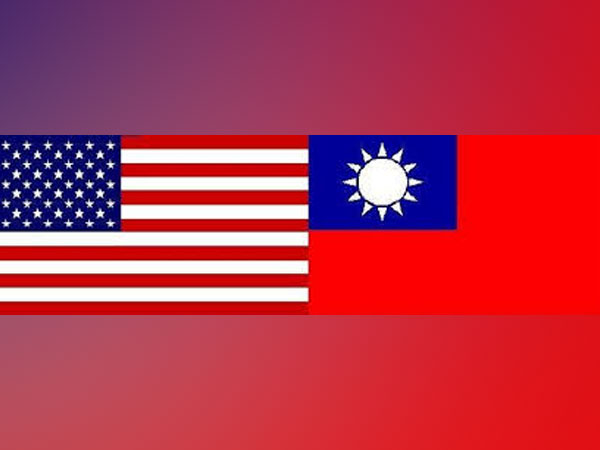US Acts to Shield Internet from Chinese Undersea Influence
The US FCC plans new regulations to block undersea cables with Chinese tech from accessing America, citing fears of espionage and sabotage. Aimed at countering China's global internet infrastructure influence, this move intends to protect the integrity of vital data networks against foreign adversaries.

- Country:
- United States
The US Federal Communications Commission (FCC) is set to introduce new regulations prohibiting undersea communication cables that connect to US networks if they involve Chinese technology or companies. This move is seen as a defense against China's rising influence in global internet infrastructure, according to the Taipei Times.
FCC Chair Brendan Carr highlighted the potential threats posed by foreign adversaries, emphasizing the need to protect submarine cables from cyber and physical threats. The US has repeatedly voiced concerns about China's role in digital infrastructure, suspecting Beijing's intentions of espionage and sabotage, especially with over 400 subsea cables carrying 99 percent of international internet traffic.
In recent years, the FCC has rejected multiple proposed cable connections between the US and Hong Kong due to national security concerns. Now, it seeks to formalize a strategy to prevent equipment from companies on its national security threat list, like Huawei and ZTE, from being used.
The statement also detailed plans to seek public feedback on enhancing the security of undersea cables against foreign interference, spotlighting recent allegations of Chinese ships severing internet cables to Taiwan's Matsu Islands, and other incidents in the Red and Baltic Seas that suggest hostile interference.
This US policy reflects global concerns about China's expanding surveillance capabilities and digital control ambitions, as the broader geopolitical struggle shifts beneath the ocean surface. Washington's firm stance aims to curb Beijing's influence over critical internet infrastructure, concludes the Taipei Times.
(With inputs from agencies.)
ALSO READ
Monsoon Devastation in Himachal: Over 100 Lives Lost Amid Infrastructure Ruin
Boosting Fishermen's Fortunes: New MSP and Infrastructure Plans Announced
Delhi's Water Revolution: A New Era for Urban Infrastructure
Blaze at Iran's Abadan Refinery Sparks Concerns Over Aging Infrastructure
Bihar Expands Polling Infrastructure with Over 12,000 New Stations










